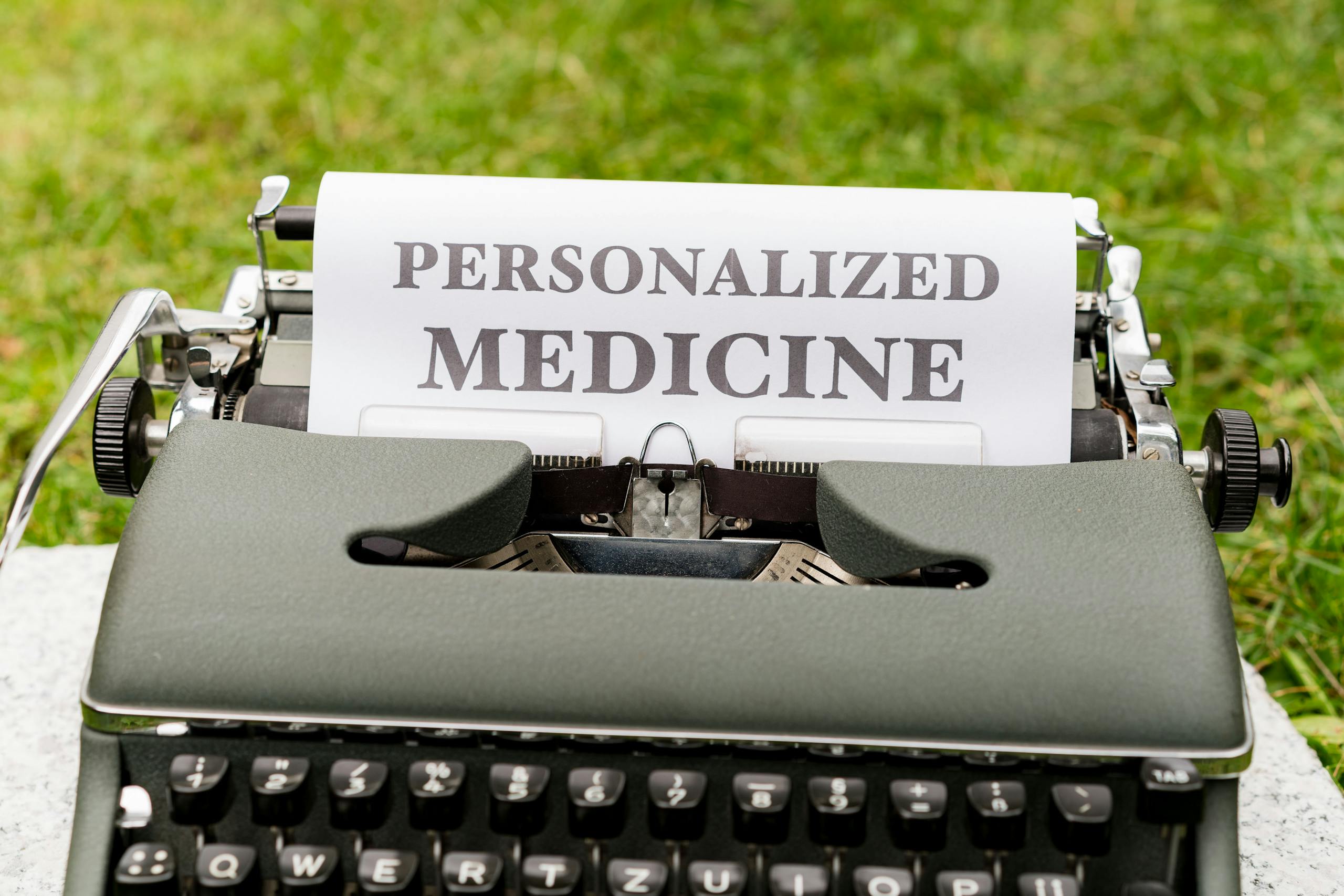We’re in the middle of the autism diagnosis process for our child, and recently we were asked if we would consider genetic testing. It’s not a simple yes or no. Like many parents, we’re weighing up the pros and cons, trying to figure out what’s right for our family.
Why We’re Considering It
On the “pro” side, genetic testing could provide some answers that might help our child. Certain findings could indicate early-intervention strategies or therapies that have a higher chance of benefiting them. For a child whose needs are unique and constantly evolving, any edge to improve outcomes feels worth exploring.
Why We’re Hesitant
But the “con” side is harder. Could this information somehow limit our child’s opportunities later in life? We worry about future implications—employment, academic prospects, or even how society might view them if these results were ever recorded or used in a way we didn’t anticipate.
Then there’s the issue of data. Who actually owns the results? How will they be stored, and could they ever be used beyond healthcare? Our child can’t consent to that decision right now, which makes the responsibility feel even heavier.
Another practical hurdle is compliance. Our child is unlikely to tolerate a blood draw. Even small procedures like the annual flu vaccine end in mini-meltdowns. Sitting them through genetic testing could be traumatising, adding another layer to an already tough decision.
And there’s a more personal question we’ve wrestled with: do we even want to know the cause? For some families, having an answer brings comfort or clarity. For others, it risks defining the child in ways that don’t really help with day-to-day life.

Timing and Family Planning
With another child on the way, the question becomes even more complex. Would knowing certain genetic factors now help us prepare better, or does it risk overthinking something that might not matter at all? There’s no clear answer, only a balance of careful consideration, professional advice, and gut instinct.
Our Takeaway
For us, genetic testing isn’t about labels—it’s about understanding, planning, and trying to give our children the best possible start in life. But it’s also about recognising the unknowns, the potential downsides, and the emotional weight of knowing more than you perhaps wanted to.
For any parent asked this question, it’s worth pausing, asking hard questions, and talking to specialists who can explain the real implications. There’s no one-size-fits-all answer, just a path that each family must navigate in their own way.







